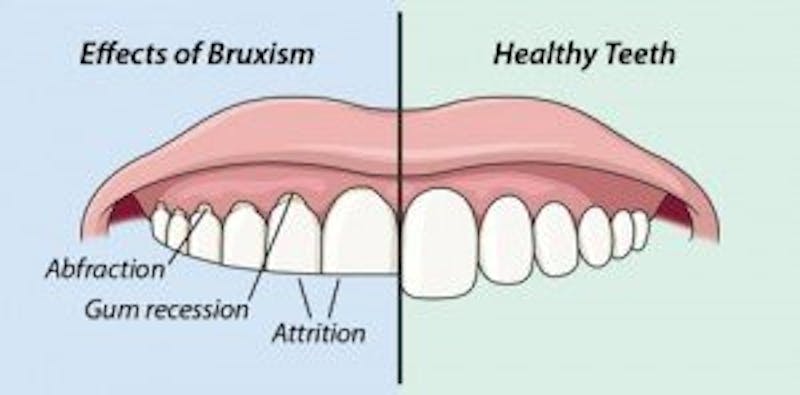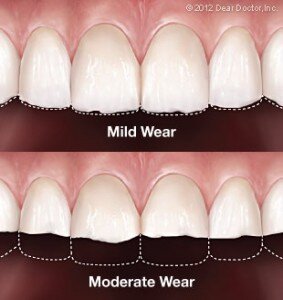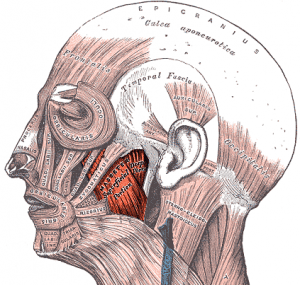
Research Shows Social Anxiety Can Lead To Bruxism (Teeth Grinding)

Anxiety disorders affect one in six Americans, according to the National Institute of Mental Health, but can these disorders also have a negative effect on our teeth as well? A new study by a group of University researchers published findings shows just that. The research shows that anxiety, experienced in certain social circumstances, can increase the risk of bruxism, a disorder associated with jaw pain and dental wear. The word bruxism comes from the Greek brychein, meaning to grind or gnash the opposing rows of upper and lower molar teeth. "This is not a dental problem, but one with clear dental consequences," said Dr.Winocur, a professor at Tel Aviv University. "If we are aware, then we can bring it into consciousness. Psychiatrists can identify patients predisposed to bruxism and can try to help prevent it, and dental experts will immediately know what to treat," said Dr. Ephram from Tel Aviv's School of Dental Medicine.
Bruxing From Anxiety

It is not surprising that anxiety can cause dental issues such as stress TMJ and jaw clenching, but associating these traits to social phobias makes even more sense. Bruxing, or teeth grinding, has been commonly linked to anti-depressants for years; however, this study shows no association. Maybe it’s not the antidepressants that people are taking that cause bruxing, but the situations they put themselves in. This study also shows that almost half of the patients who claim to have social phobias showed moderate-to-severe dental wear caused by bruxing.
"Interaction with people seems to be necessary to trigger bruxism in socially anxious people," said Dr. Winocur. "By treating social anxiety, we will be able to treat bruxism as well." Dr. Winocur is currently researching the effect of post-traumatic stress disorders on sleep and awake bruxism.
Conclusion
This study demonstrates that patients showing signs of tooth grinding, clenching, bruxing or other actions that cause teeth to wear down, may not be caused by stress, but by interactions–especially with people who are socially anxious. As dental care providers become more aware of all possible medical conditions linked to dental wear and damage, we can provide a more comprehensive solution for our patients.
For more information on TMJ or related dental services please contact us.
